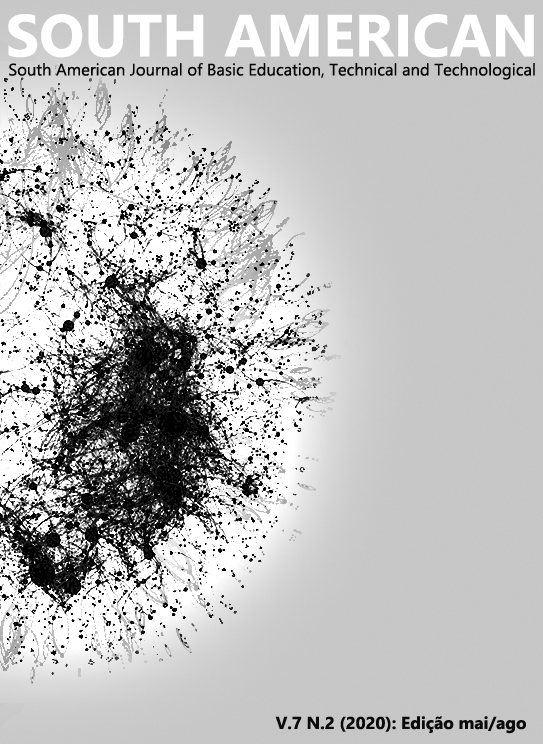IN VIVO ANTIMALARIAL ASSAYS OF THE ESSENTIAL OIL OF UNXIA CAMPHORATA L. F. IN MURINE MODEL
Keywords:
Malária, Plasmodium berghei, Unxia camphorataAbstract
Despite being preventable and treatable, malaria continues to have a devastating impact on the health and livelihood of people worldwide. According to the latest data available in 2017, approximately 219 million cases were estimated worldwide, deaths were 435,000 mainly in children under the age of five and pregnant. The study aims to seek new ways to combat the course of malaria through the use of Unxia camphorata, a species that has little explored antimalarial effect. Plant identification and essential oil extraction were carried out for chemical characterization and toxicity and antimalarial tests. BALB / c mice, infected with approximately 106 erythrocytes parasitized by Plasmodium berghei, were used, and the analysis was carried out during the treatment for 7 days. Experimental groups: G1: control; G2: malaria; G3: chloroquine 50mg / Kg and G4, G5 and G6 with the essential oil of U. camphorata, in doses of 50, 100 and 250 mg / Kg, respectively. Hematological and biochemical parameters were analyzed at the end of the treatment. The concentration of 250 mg / kg has been shown to be effective in reducing parasitemia. The evaluation of the renal and hepatic function of the animals was not shown to promote serious complications in this study. The survival time of the animals increased in the study. The essential oil of U. camphorata showed positive results in reducing the infection of BALB / c mice by Plasmodium berghei.










